Vibe Coding
by Gene Kim, Steve Yegge
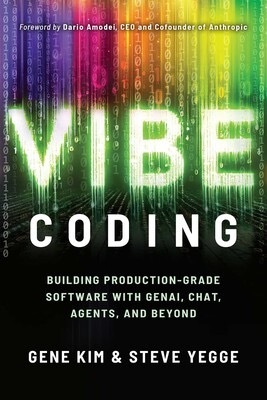
This book was recommended, and I was very excited about it. It turned out to be a big disappointment. The book has some good bits and insights here and there, though. I enjoyed some of the analogies with the kitchen. I'm saying some because it talks more about a kitchen than coding.
The authors bring a lot of stories from their personal experience, which is very limited and not useful. I feel the authors are not active software engineers, so they can only provide surface-level opinions. It seems like a big part of the book is hype because there is little said apart from many things will change.
The book contradicts itself. First, it says you don't need to review code because you will be generating faster than you can review. But then it says it could completely mess up your project, so you must review and check every change.
I would categorise this book somewhere between bad and AI slop. The text is beautifully written, probably the best I've read; however, it lacks substance. I would not recommend this book to anyone. I hope I'll find a better book on Vibe Coding.
John Dies at the End
by David Wong
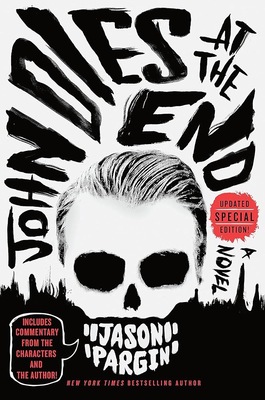
Big read for a book club. The book is a complete mess and chaos. While it was fun and intriguing in the beginning, I got tired of pointless descriptions and a messy story structure. It’s interesting that not a single person in the book club liked it.
Limitless
by Jim Kwik
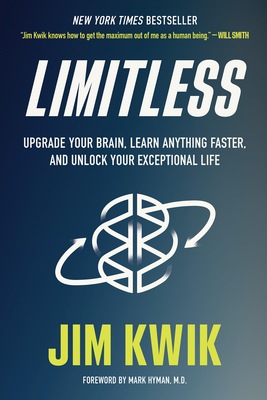
I'd say this is a motivational book with a collection of mainstream advice on learning. It provides a surface-level overview and probably would be useful for people who start a self-development journey.
Personally, I found this book boring, shallow, too long, and yet not detailed enough. A lot of pages were wasted on the author's bragging about himself and his work.
Boundaries: When to Say Yes, How to Say No to Take Control of Your Life
by Henry Cloud and John Townsend
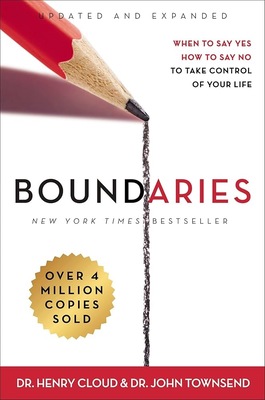
I think this book could have good potential, but forced Bible references in almost every paragraph are off-putting. My recommendation - avoid.
The Power of Choice
by Neale Daniher
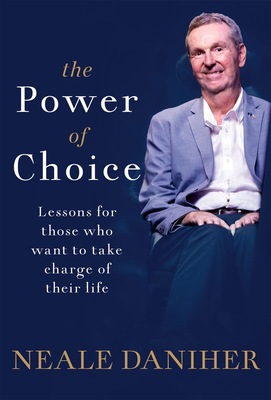
What a great book! This book was released one month ago and already was highly recommended by Barefoot Investor and now by me. The book is a collection of advice on how to live a fulfilling and happy life. It's short, well structured, and has a good balance between stories and advice. I feel the book captures the main lessons I would recommend myself. I'd have to think if there is anything missing from the list.
It's funny because Barefoot's recommendation was to get multiple of those, and I already bought four extra copies to gift to friends.
The War of Art
by Steven Pressfield
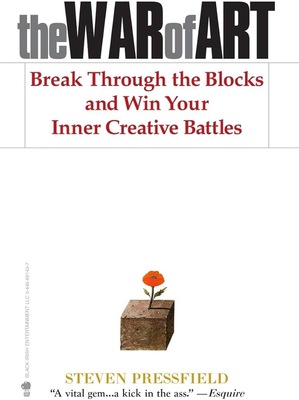
This is a short and entertaining book about art and its creation process. It describes the challenges, and shows what the process of art creation is and is not. I don't take it seriously, but there are some good quotes.
After thinking why anyone should read it, I'm struggling to come up with a reason. So I have to downgrade my rating from 3 (average) to 2 (meh).
Lifespan Why We Age and Why We Don't Have To
by David A. Sinclair
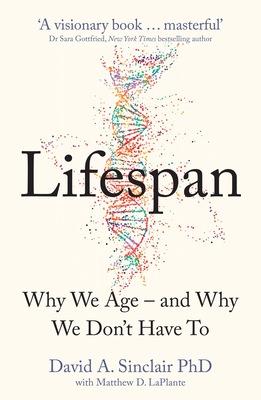
The book turned out to be a disappointment. I feel the author's main goal was to hype how good it is to live longer, so we should increase research funding. And he might be right, but that does not make this book better.
The hype feels overblown in how far the research falls short of the promised picture.
I don't like how the book is written. Headings are confusing, it's hard to get the point of sections, stories are distracting, and there is little applicable knowledge.
A few things that stood out:
Chapter 1 summarises the current research on why we age. It's not DNA damage but a summary of nine factors. I found it insightful.
Chapter 4 says nine amino acids, saunas, ice baths, and fasting are good for you. It’s good to get another confirmation.
Chapter 5 goes into science and technicalities. I didn't find it as useful as it's not useful knowledge for most people.
Towards the end, the book discusses the consequences of longer lives on society. It's fun to think about in this context.
Post Office
by Charles Bukowski
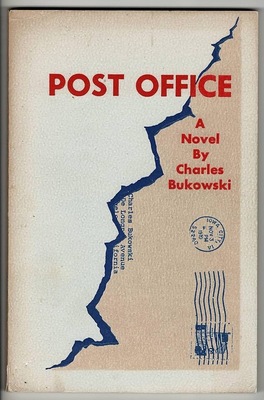
That would be a good fiction book for a beginner reader. It's short, and the story changes quickly to keep you engaged. I enjoyed reading it. It's the first published book by Charles Bukowski, and apparently, he is a popular writer now.
My Indie Book
by Tony Dinh
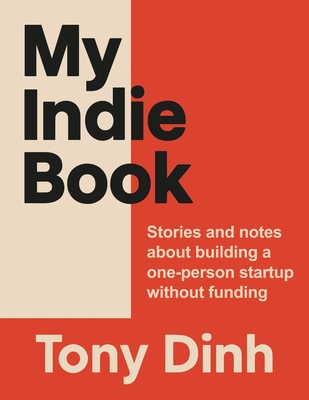
The book is about a similar journey to what I'm currently going through - how a software engineer built a startup.
Tony and I share similar experiences and came to similar conclusions. I found it useful to read for other people’s experiences. It helped me to reflect on my journey.
The book is extremely repetitive and poorly written. Which is interesting on its own, as the author is fine to sell such quality.
The Knockout Artist
by Harry Crews

I enjoyed the book. The novel was engaging and surprising, keeping my interest high throughout the book. I'd love to discuss it with somebody.
The Alchemist
by Paulo Coelho
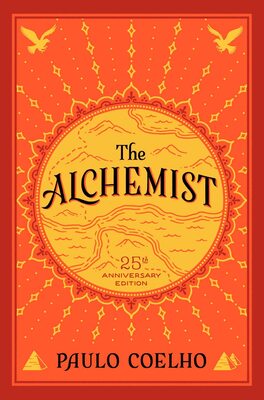
Relistening to this story once again. This time it feels very simple. I'm trying to draw some life advice from it, but it feels too naive. I can summarise it as "follow your dreams, otherwise you'll regret it for the rest of your life". However, if I review this book as pure fiction without any deeper intent, the story is too unsophisticated.
The Great Mental Models, Volume 1 General Thinking Concepts
by Shane Parrish
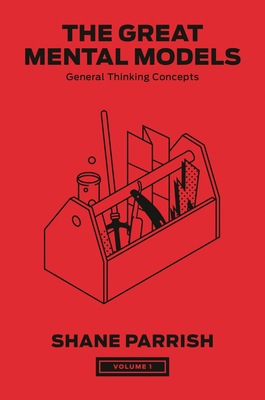
The book is a compilation of some principles that could help to make better decisions. I found it a good reminder, but I think such a book format is not very valuable. While I'm fully onboard with promoting mental models, the book lacks depth. I find it hard to apply random principles in practice. Just because we know what it is, doesn’t mean we can use it.
The book is short and to the point, which is always appreciated. It seems like the author is planning to write a series of books. But this book didn’t resonate much, so I won’t be reading the following volumes.
Abundance
by Ezra Klein and Derek Thompson
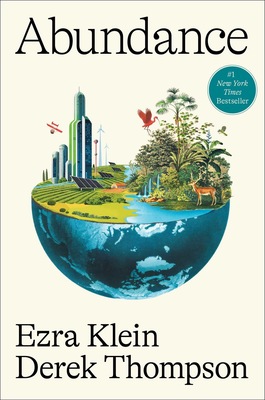
That’s an insightful book. The authors explain why the US experiences its current problems. Problems like slow economic growth, difficulty building projects, housing, the inability of the government to govern, innovate, and scale innovation.
The book doesn't offer many solutions as the problems are multifaceted. However, I don’t think it should; the first step towards the solution is to accept that it is a problem. My impression is that we are not there yet.
While the book talks about the US exclusively, I found it overlaps with Australia quite a lot since our economies and cultures are similar. It gave me new insights into the housing crisis in Australia.
I like how short this book is and to the point. That makes it easy to read.
Punished by Rewards: The Trouble with Gold Stars, Incentive Plans, A's, Praise and Other Bribes
by Alfie Kohn
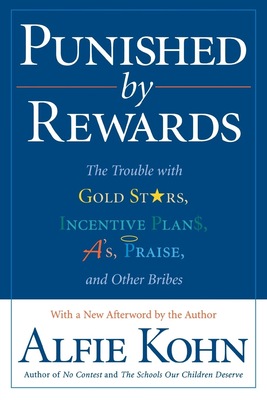
The book argues against using rewards, punishment, and praise. The author argues well, and the argument aligns with my experience. People use rewards as a manipulation tactic to make others obedient. Rewards/praise don't work to make any meaningful change.
The key reasons against rewards (apart from that they don't work long-term):
- Rewards punish
- Rewards rupture relationships
- Rewards ignore reasons
- Rewards discourage risk-taking
- Rewards undermine interest
In part three, the book suggests the alternatives. That was the most interesting part for me.
The book is well argued but poorly structured. The book is very repetitive and could be half as short. That would make it only better. If you still think that rewards and praise are a good thing, then this book is a must.
The Long Way to a Small, Angry Planet
by Becky Chambers
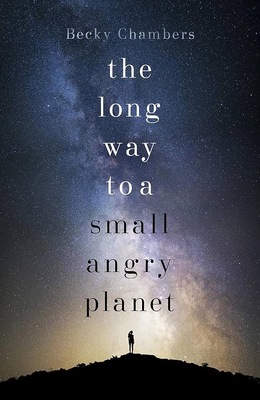
I keep pushing my boundaries and reading more fiction books. This book was selected for a local book club. I definitely got lucky with this one, it was very easy and enjoyable to read for a beginner like me. The story is engaging, with interesting characters. The book also touches on different themes like family, attraction, belonging, the past, identity, and more. Loved it.
The Body Keeps the Score: Brain, Mind, and Body in the Healing of Trauma
by Bessel van der Kolk
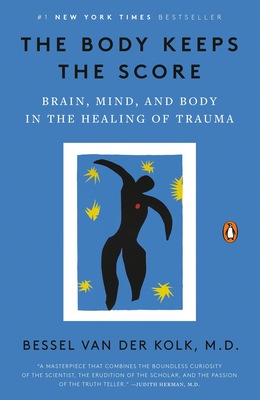
What a surprising read. This would be a book of the year for me. It gives a comprehensive look into human trauma. I found it very insightful and, in parts, mind-blowing. While the book looks into severe traumas, I learned a lot about the processes of a human brain and body. I believe those processes are always present in us, not just during traumas.
I found the book very dense and heavy to read. It is full of real-life examples that I was definitely not expose to, which I found very disturbing but grounding. It reminded me of Man's Search for Meaning book.
Everyone will experience trauma, meet people who carry it and may even cause it for others. It may not always be as severe as PTSD, but it can nonetheless cause a great deal of pain. I'd recommend this book to get better understanding and context about trauma.
Factfulness: Ten Reasons We're Wrong About the World – and Why Things Are Better Than You Think
by Hans Rosling
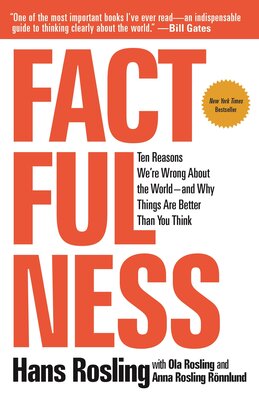
This is probably one of the most balanced and well written books. It is insightful, interesting, touching, well structured, easy to read, short, based on experience. Amazing work from authors. 👏
It's a must read for everyone as it challenges our world view and gives practical tools how to improve our thinking and decisions in order to be more effective in the modern society.
I also would like to highlight that authors don't go into extremes and only sell one side, but rather hold a balanced argument. I find it refreshing with the books I've read.
Why We Sleep
by Matthew Walker
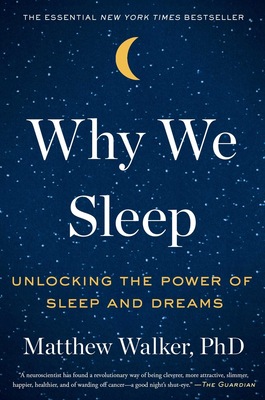
That's one of those books when you think what's there to know about sleep. Turns out a lot. The book is an overview of the current research about sleep. There are a lot of references and details, so be prepared for a long read.
Before reading the book I already saw sleep as one of the most important activities. After reading it, I definitely underestimated it.
I would recommend this book to everyone. I think it's important to understand and appreciate the power of sleep.
The Automatic Customer: Creating a Subscription Business in Any Industry
by John Warrillow
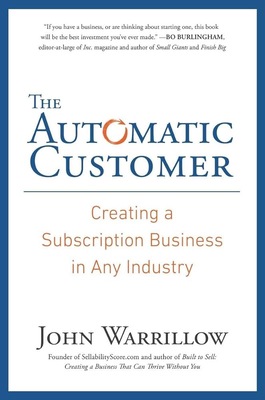
The books gives a decent summary and overview of subscription models. The author gives plenty of examples and analysis. If you are looking for a structured introduction into subscription models that's a good book for it. Others probably won't find it very memorable.
Crucial Conversations: Tools for Talking When Stakes Are High
by Al Switzler, Joseph Grenny, and Ron McMillan

I read this book 7 years ago. The book has some good points and methods, and teaches you to see new perspective in conversations with high stakes and emotions. I found it quite daunting to listen. I think the book didn't use enough practical examples, or the writing style just didn't resonate with me.
7 Steps to Stable Self-Esteem
by Boris Litvak
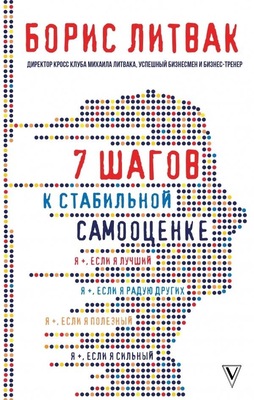
What a great book. Unfortunately for you English readers, it's written in Russian. The book argues that self evaluation is the motivation driver in decision making. I never thought about it but I found it very fundamental.
The main point is people don't feel complete as humans due to conditioning in upbringing. They have been conditioned to feel good about themselves only when certain conditions are met.
Such dependency on external factors leads to unstable self-esteem. It fluctuates between positive when we are motivated and happy, and negative when we are feeling depressed. Often people are looking for ways to increase it. That's why there are many motivational speakers. Repeating mantras or talking to a mirror to boost your confidence. It works, but only temporarily.
The key is to detach your self-worth from external factors. You no longer feel bad when a girl you like doesn't reply because you don't doubt yourself as a person. You are no longer scared to be wrong in public, because you are not afraid that people might see you as weak or dumb.
It sounds complicated, but the book gives a practical step by step guide.
Interesting that I developed my own model over the years about how exceptional performers are handicapped by their success at work. That model turned out to be identical to one of the types in the book.
In short, it's a must read book.
It's Not Luck
by E M Goldratt
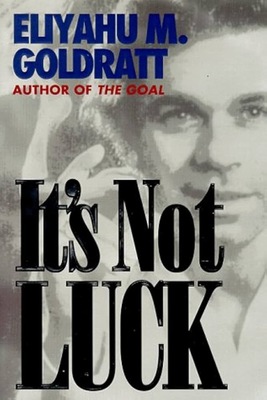
This is a continuation of The Goal book but focused on how to find solutions and resolve conflicts in business or life. It's a novel and I found it easy to follow.
The book demonstrates the technique however it does not teach it to you. That's a big wasted opportunity because that's the most useful knowledge you can take out of it. Luckily people wrote about it on wikipedia. If you decide to read the book, it's a must.
The technique in the book reminded me of 5 why's techniques, but with more structure and guidance. I like that.
Kaput: The end of the german miracle
by Wolfgang Münchau
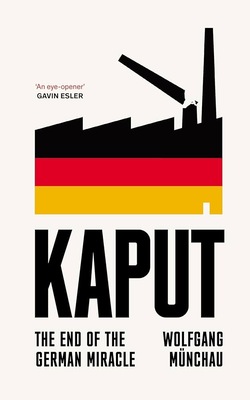
I'm getting more and more into economics. Saw this book and it captured my interest. The book argues for Germany's economic decline. I found it interesting to learn more about Germany and some of its recent history.
I really disliked the author's writing. It's repetitive and dives into unnecessary politicians' details. I think that was added to boost the number of references. Speaking of which, I don't like them per chapter and not per sentence. It diminishes the credibility, as very few people would read all chapter references to find the sources.
The authors' opinion is biased in places and the book fails to argue some points well. And yes, the argument is usually one-sided and fails to explain and paint the full picture. It's easy to argue when the choice is made, but it's much harder to reason about the choice itself.
Speaking of a big picture. I'd like to see some suggestions or examples of how those issues were addressed in other countries. Just because things are bad, doesn't mean they could be much better given many external factors. That would give some perspective to the prediction.
The book was released last month in November 2024. I think the book won't age well and will become dated quickly. However, I think it can offer one perspective while it's fresh.
The Old Man and the Sea
by Ernest Hemingway
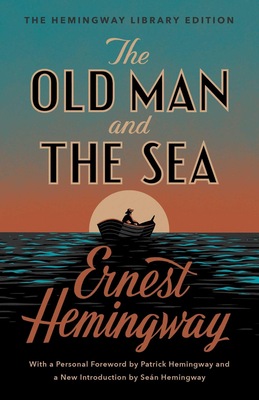
A classic novella. It's well written but lacks purpose for me. I enjoyed the audiobook but only because it was 1 hour long.
My favourite quote is "a man can be defeated but he can't be destroyed".
High Performance Browser Networking
by Ilya Grigorik
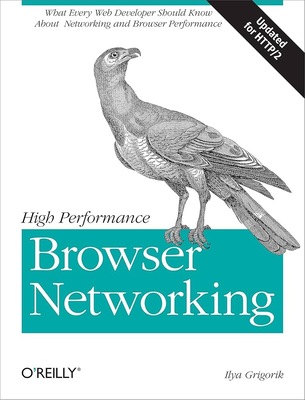
This is a technical book about network and web technologies. It's not something you can apply as a skill but rather use it as a foundational knowledge in your work. Do you have to know it? No. Will it make you a better developer? Definitely.
Reading this book made me appreciate web technologies: how successful they are and how well they are designed. I feel very fortunate to have my career in web.
The book was published in 2013, and is still relevant. However it would be great to update it to 2024 since many of the technologies are much more adopted 11 years later.
Nonviolent Communication: A Language of Life, Second Edition
by Marshall Rosenberg
This month I hosted an introduction workshop to Non-Violent Communication topic. I re-read book another 3 times in preparation for the workshop and got my read count to around 7. When I tried to distil it, apart from removing examples I couldn't remove anything else. Everything is to the point and relevant.
The book doesn't stop to excite me and I keep finding more gems in it. This time the self-empathy part stood out to me. Interesting that while the concepts appear simple, I found it takes time for me to fully absorb and adopt it over the years. I think a lot of friction goes to a lack of exposure to those concepts outside the book, as it's extremely rare to hear in practice from other people.
The Goal: A Process of Ongoing Improvement
by E M Goldratt. and J Cox
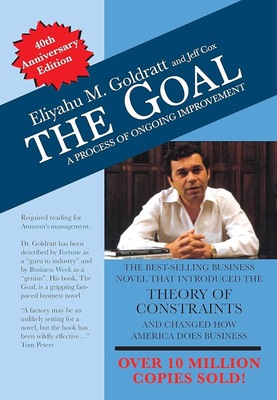
The book is an easy read and a good introduction to Theory of Constraints. It reminded me of The Phoenix Project. I think some relationship drama was a bit excessive but it increased the stakes and made characters more alive. I can recommend.
Greenlights
by Matthew McConaughey
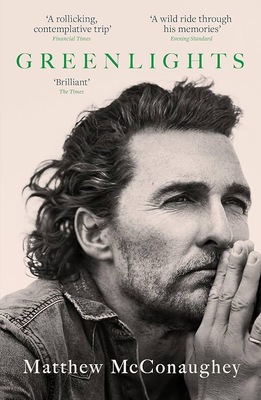
My friend loved it, while I didn't expect much of it. I do like his voice so I decided to listen. And wow, amazing! Great story, amazing audio narration, good life lessons, deep and personal. I loved it. I loved it.
I thought the audiobook was great, but the written copy is a masterpiece on its own. Photos, notes, journal, side notes. I can't decide which way is the best to consume this book.
100 things every designer needs to know about people
by Susan M.Weinschenk
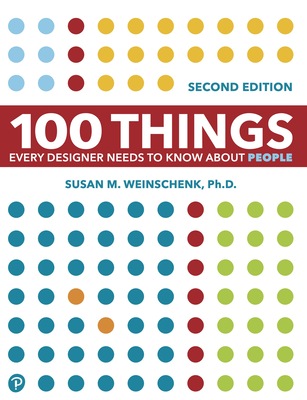
I've read this book 13 years ago I remember it was fun but I didn't take much out of it. Since I'm currently exploring usability testing, this book came up again and I thought it would be a good idea to reread it.
I can say I feel exactly the same, the book is extremely surface level. 100 things is a big list and you have to compromise quality a lot. As a result the book is more fun than useful. It tries to be based on research, but at best it cites a single research paper per section and never talks about the quality of that research. I find it hard and dangerous to accept everything as a fact as there is a high chance it's not conclusive or just wrong.
If you are new to human psychology and behavioural science this is a good book to get started and get excited. Just see it as fun rather than practical.
Rocket Surgery Made Easy
by Steve Krug
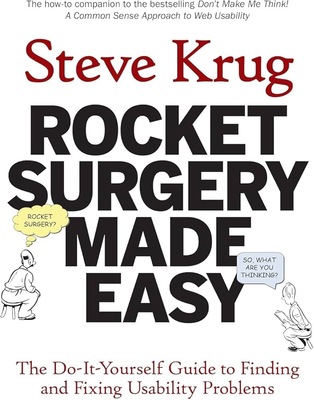
The previous book didn't give me enough details and I was eager for more. The author promised this is the book. It is even more disappointing. It's way too long, very repetitive and surprisingly already dated considering it was published in 2010.
There are some useful tips on how to run a usability test, but that could be a blog post.
Don't make me think
by Steve Krug
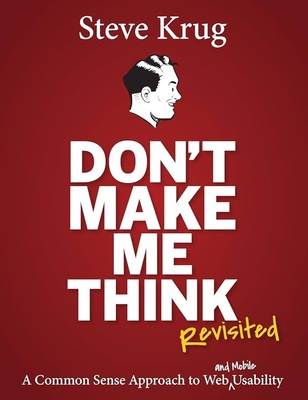
This is an old book. The content is a bit dated and the message is still relevant. I'd say it's only an introduction to usability testing. I agree that the software industry still doesn't do enough usability testing and there is a lot to benefit. I think the book doesn't talk enough (if at all) about balancing competing priorities in design and work. It is much harder than deciding on button shape.
The book is light and short, and I think is suitable for non-technical people.
The Myth of Normal
by Gabor Maté
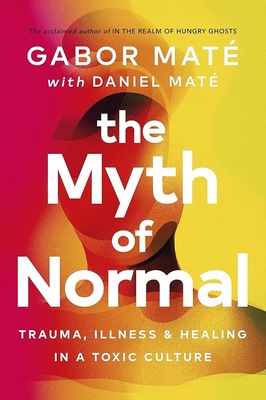
I finished 35% of this book and decided to stop. The book is unnecessary long and lacks coherence. The author makes big claims but fails to support them with equally sized facts. Also the book pushes on emotions with many individual stories, and lacks analysis of the discussed topics.
My recommendation is to avoid this book.
Radical Candor
by Kim Scott
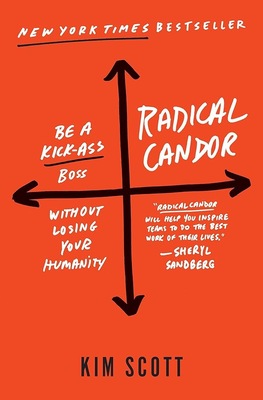
This book has been a long time on my to-read list, and reviews are high. Recently I saw startup incubator was recommending it so I got it. And oh my, this book is poorly written. The book feels like an author's career brain dump. It's waaay too long, full of name droppings and lacks insights.
The book has two parts. The first part is about the "radical candor" concept. In short, be honest and direct at work, it's more productive for everybody. The second part is a collection of management tips. Most of them are common sense for an average manager. But it was still interesting to read Kim's experience and use it as a reminder.
I think as a society we need better managers, so I welcome any management content. High ratings of this book is just another proof of how bad we have it.
The Courage to Be Disliked
by Ichiro Kishimi and Fumitake Koga
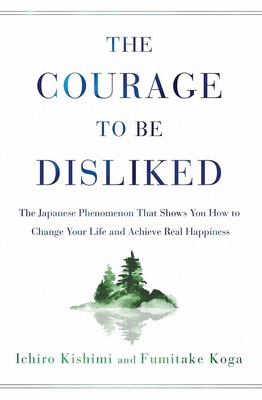
Wow, this book is a nice surprise. It's so good that after finishing it I decided to reread it straight away. The book talks about Adlerian Psychology. This is my first introduction to it, which is interesting considering it's one of the top three most influential branches in psychology among Freud and Jung. I think Adler's ideas are not popular enough in society. Fortunately past trauma healing is becoming more accepted as it allows people to understand their behaviour better. However it's also unfortunate because it often serves as an excuse for people to not change themselves.
The book controversially denies trauma existence, which is the most common complaint in the book reviews. However I think those people missed the point. The author does not deny bad experiences and that they shaped our lives. The book stresses that when thinking about the future, the past has little value. What matters is the present and your today's decision to change your life. To accept trauma healing and other personal growth you first need to decide to change.
The book is relatively short and extremely dense. The dialog format is refreshing and works very well. It's easy to understand and follow. My only complaint is that the youth part is unrealistically aggressive.
I think this book is a must read for everyone.
Escaping the Build Trap
by Melissa Perri
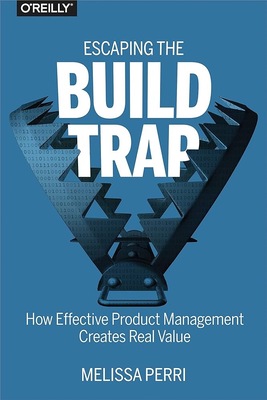
This book is a great introduction to product management. It touches on many aspects and is quite comprehensive. It reminds me of Modern Software Engineering book but for a product. My main takeaway: talk to your customers. I see how many company issues are coming from lack of information. All employees want clear company direction so they know what to prioritise, but the CEO can set the vision without good information, hence flaky direction. Product managers can only prove or disprove ideas with customers and other stakeholders. I like how the book describes the role: product managers are not who come up with ideas, but who stop bad ideas.
I love how the book is written and structured. It's easy to follow, has plenty of examples and the content of the book is explained with one fictional example through the book.
While I feel the book comes from experience, the book itself is only partially practical. It's a good overview. While a high level mindset is important, it's a different task to apply it in practice. There are many cultural, people, and organisational challenges that prevent good product management.
I highly recommend this book to all product managers, senior leadership and entrepreneurs. Like the book highlights, product culture spans to the whole organisation.
Outliers: The Story of Success
by Malcolm Gladwell
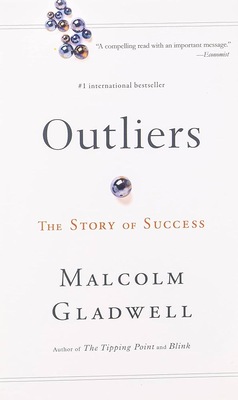
Interesting book that analyses what makes exceptional (aka outliers) people great. The author argues it's not what we think. My experience aligns with the reasoning. In short it's two things: opportunities and ability to seize them. It seems the former is much more important though.
The book also talks about the effects of legacy on our success. I didn't think about it too much, but it's definitely a common experience in my career when working with people from different cultures.
The book is full of stories and historic examples, which makes it easy to read. It could benefit from better highlighting the point in each chapter though, which would help in remembering it.
The 7 Habits of Highly Effective People
by Stephen R.Covey
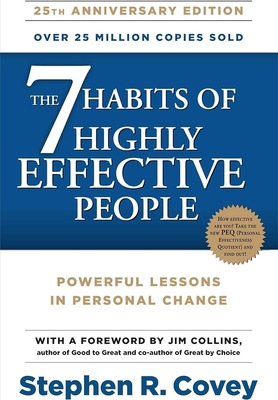
This was one of the first self-help books I've read, which was about 15 years ago. This month I decided to reread it, as I couldn't remember anything from it.
The book touches on many main points and that's why it's great. However most of the book is common sense. It's hard to disagree or be life changing.
The interesting part for me was to see development stages Dependence, Independence and Interdependence which are the same in Intimate Communion book.
I like the sequential model Stephen presents, however the delivery is bad. 7 habits are not habits at all, more like principles or groups. The book mentions a lot and yet it's still far from being comprehensive or foundational.
I'd recommend this book to people who are new to self-development. You'll feel like you've discovered super power, but most likely little will change for you. That's expected, use that energy to read more practical books next.
P.S. I couldn't find the audiobook of the text. All I could find is some author's commentary. Keep in mind the book is different.
Intimate communion: Awakening your sexual essence
by David Deida
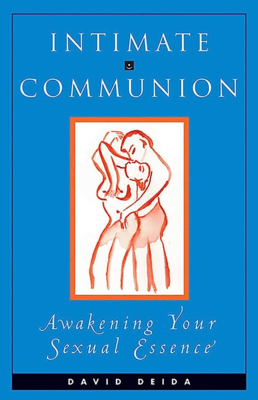
I recently recommended this book to my friend and decided to re-read it. It's still one of the most influential books I've read and I can't recommend it enough to everybody.
The Cold Start Problem: How to Start and Scale Network Effects
by Andrew Chen
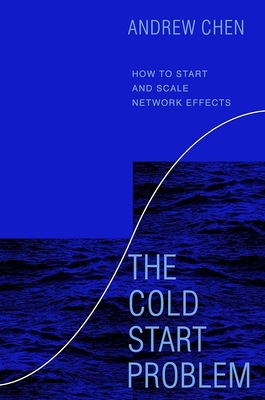
This book has one or two good ideas but overall it's a waste of time. You might like it because it's full of unrelated success stories backed by survivorship bias. My recommendation is to avoid.
The Master and Margarita
by Mikhail Bulgakov
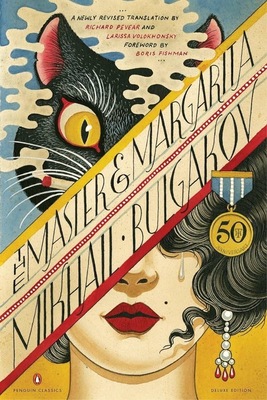
I don't read much fiction, so this book was another occasional dip into it. I picked one of the most popular novels of the 20th century this time.
It's an interesting story and well written. There are many references to history and religion.
I didn't enjoy it though and I was struggling to finish it. Most references were not obvious to me and after researching them, I don't think that would have changed much. In comparison to movies, I found the novel much less dimensional.
If you are into fiction I'd recommend this book. However if the book does not resonate from the start, I don't think it will improve later for you.